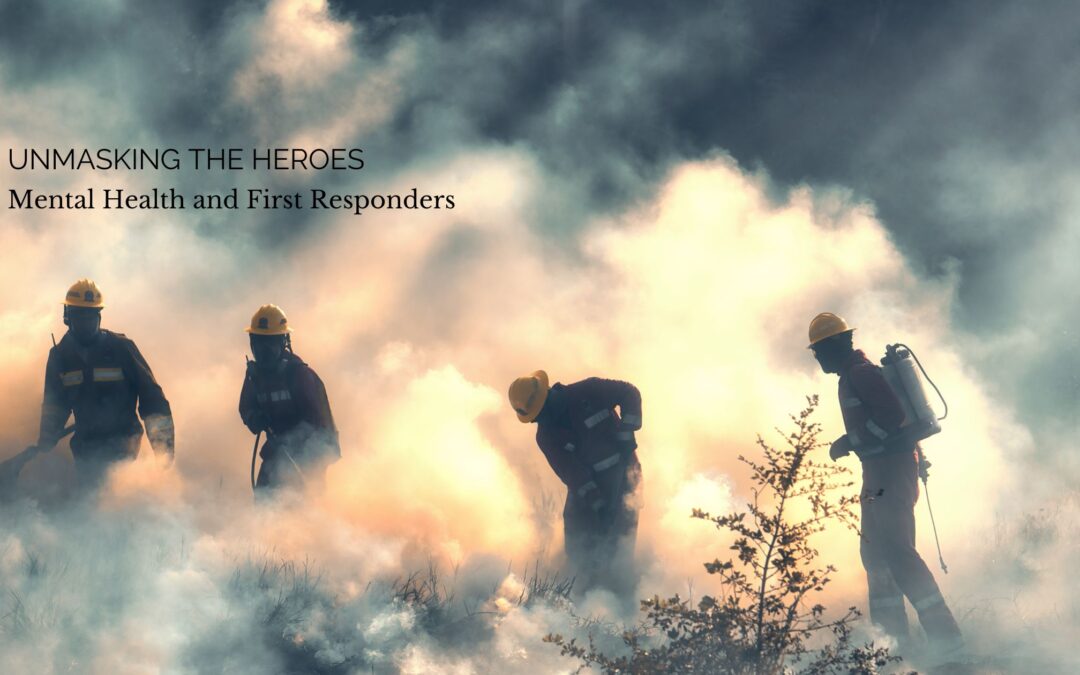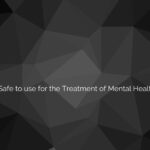I will proudly tell anyone who will listen that my dad spent his career as a ranger in the National Park Service. Now retired, spending his days walking his dog and playing his guitar, you’d never know that in the 1970s and 1980s, he was a search and rescue ranger, performing rescues by foot, rope, and helicopter in Yosemite, the Grand Canyon, and Alaska, some of the most dramatic landscapes in the country.
He doesn’t talk much about those days, and that’s not unique to him. While the valor of first responders is widely acknowledged, the mental health challenges they face remain in the shadows. It was true in the 70s and 80s, and it’s true now.

The stigma surrounding mental health in the first responder community manifests as a silent weight, preventing individuals from speaking up about their struggles fearing judgment or professional repercussions.
This is changing, albeit slowly. There is a push to care for our uniformed heroes’ mental and physical well-being. Being part of that push is a cause close to my heart. Seeking help is a sign of strength, not weakness. I can’t change the culture overnight, but I am on a mission to normalize vulnerability and communicate that mental health challenges are a universal part of the human experience. Those challenges are not just something first responders need to “rub dirt on and live with.” There are approaches to treatment that work. Eye Movement Desensitization and Reprocessing (EMDR), mindfulness training, Safe and Sound Protocol, neurofeedback, and Ketamine Assisted Psychotherapy are all options that my colleagues and I use successfully to help first responders and anyone else who has experienced trauma move forward. From paramedics to search and rescue rangers to wildland firefighters, the unique challenges faced by first responders demand a tailored approach to mental health support emphasizing resilience, acknowledging vulnerability, and fostering a culture that recognizes the profound impact of their heroic efforts on their well-being.
Photo credit:




